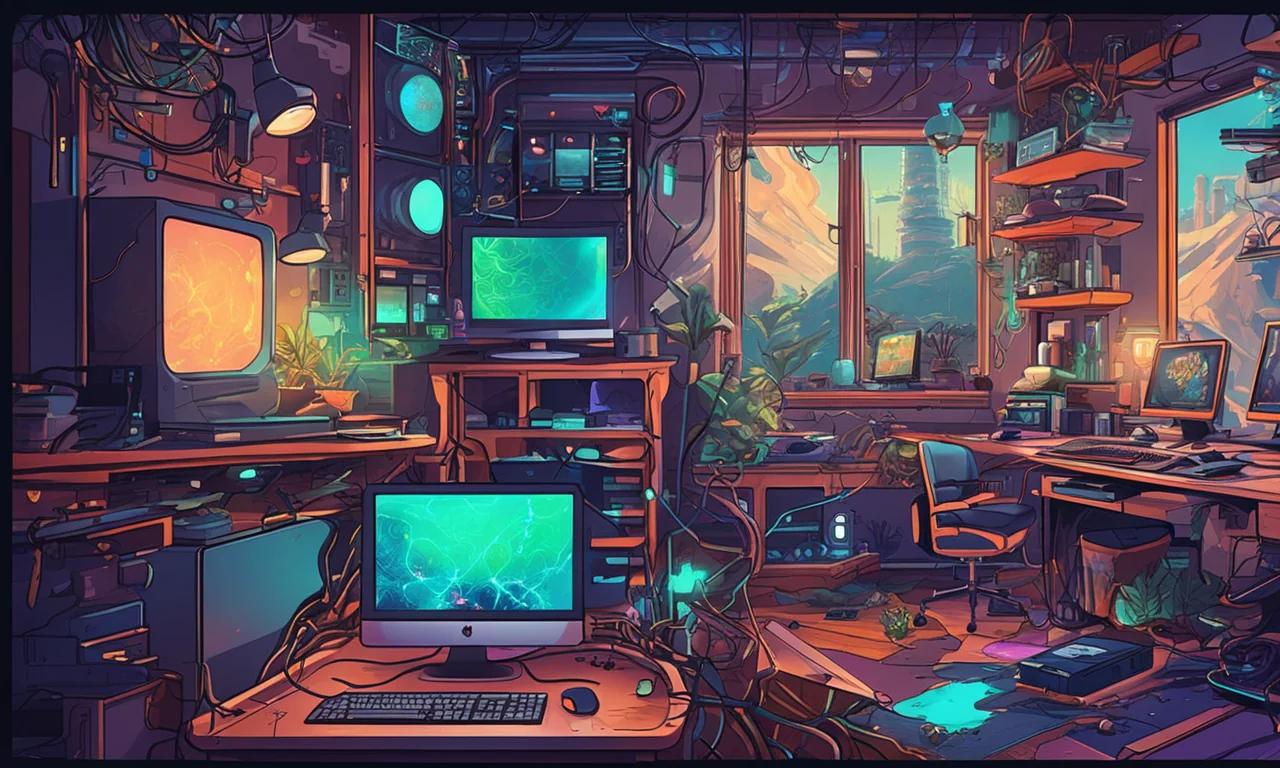
Open Engines, Linux Hardware Propel PC Gaming Despite Anti-Cheat
Today's top posts highlight Godot 4.5, GPD WIN 5, and community server revivals.
On Bluesky today, the #gaming feed read like a blueprint for where PC play is headed: open tools rising, communities extending game lifecycles, and players pushing back on access barriers. The day's highest traction came from Linux and mod-forward stories, while a sharp media critique reminded everyone why decentralized spaces matter.
Open tools, moddability, and a Linux-powered momentum
Builders took a victory lap with a fresh Godot 4.5 release, underscoring how accessible engines are accelerating indie and hobbyist output. Hardware echoed the theme: the GPD WIN 5 highlighting Bazzite Linux shows handheld PC gaming folding in Linux-first experiences, not as an exception but as part of the default option set.
Community-made content did the heavy lifting on delight. An open-source fan remake of a classic platformer impressed the timeline even as legal nerves hummed, while an epic crossover mod for Quake 2 Remastered bridged old-school nostalgia with modern remaster polish. The legal conversation stayed practical rather than panicked.
you've touched on it but it should be noted again that this, just like emulators, is completely legal.
Pragmatism was the throughline: a crowdsourced guide to Linux-friendly alternatives met players where they are—on Linux, SteamOS, and Steam Deck—making compatibility a solvable planning problem rather than a dead end.
Access and preservation: where anti-cheat meets community workarounds
The friction point of the day was access. EA/Full Circle reconfirmed skate. won't support Linux, Steam Deck, or macOS, with anti-cheat cited again—an all-too-familiar blocker for otherwise PC-ready players.
Guess that's another game I won't be buying, then
On the flip side, preservation-by-community shone as The Crew was revived via a community-built server, even if the emulator currently struggles under Wine on Linux. The episode captured the classic tension between publisher shutdowns and fan-led continuity.
Remember children, making these games playable after the publisher stops support is a such a titanic task that would bankrupt the publisher... /s
Elsewhere, live-service expectations nudged developers to meet the moment: Palworld 1.0 is slated for next year with a “huge update”—explicitly pledging to “fix all the jank.” The pattern is clear: when access is constrained, players pivot; when studios invest in durability, they win runway.
Decentralized voices reshape the narrative
Creator-to-player pipelines stayed delightfully direct. An indie team's announcement for Starbug Troopers bubbled up alongside French coverage, reminding us that discovery today is multilingual and multi-platform—even when the pitch is tiny spaceships fighting “Cafarliers of the Apocalypse.”
That same decentralized reach powered accountability. In a widely shared post, Erin Fogg offered a blunt critique of US media's anti-Asian framing, using the feed's immediacy to contest a narrative in real time.
The news: ASIANS! SO SCARY! TRICKY! WILY! ... The actual facts of the story every single time...
Across the gaming angles—fan remakes, server revivals, engine upgrades—the constant is that communities now set the agenda as often as companies do. The result: a feed that surfaces what players value and challenges what they don't.
Bottom line: Today's Bluesky shows PC gaming increasingly shaped by open engines, Linux-forward hardware, and player persistence, even as anti-cheat and shutdowns test patience. Indie teams can punch through language and platform barriers, and the crowd is quick to push back on narratives that miss the mark. Expect more of this energy as modders, devs, and handheld tinkerers keep bending the ecosystem toward access.
Every subreddit has human stories worth sharing. - Jamie Sullivan